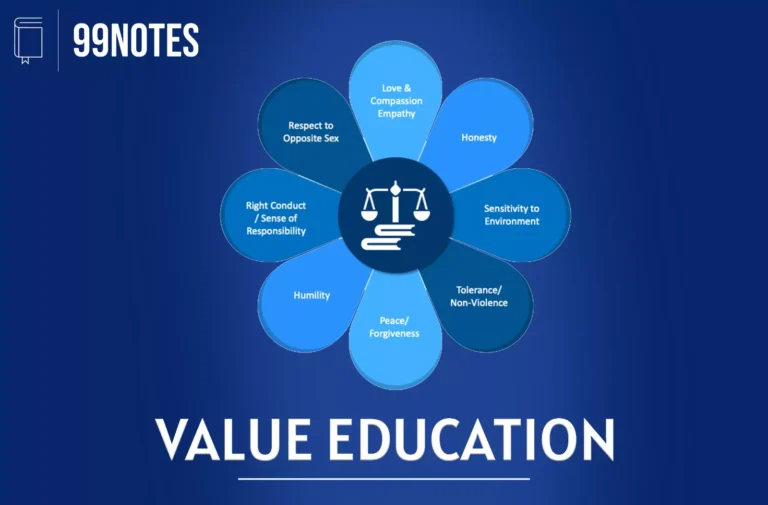Article 79 of Constitution of India – Constitution of Parliament
Article 79 of Constitution of India deals with Constitution of Parliament Original Text of Article 79 of Constitution of India There shall be a Parliament for the Union which shall consist of the President and two Houses to be known respectively as the Council of States and the House of the People. Questions related to…



